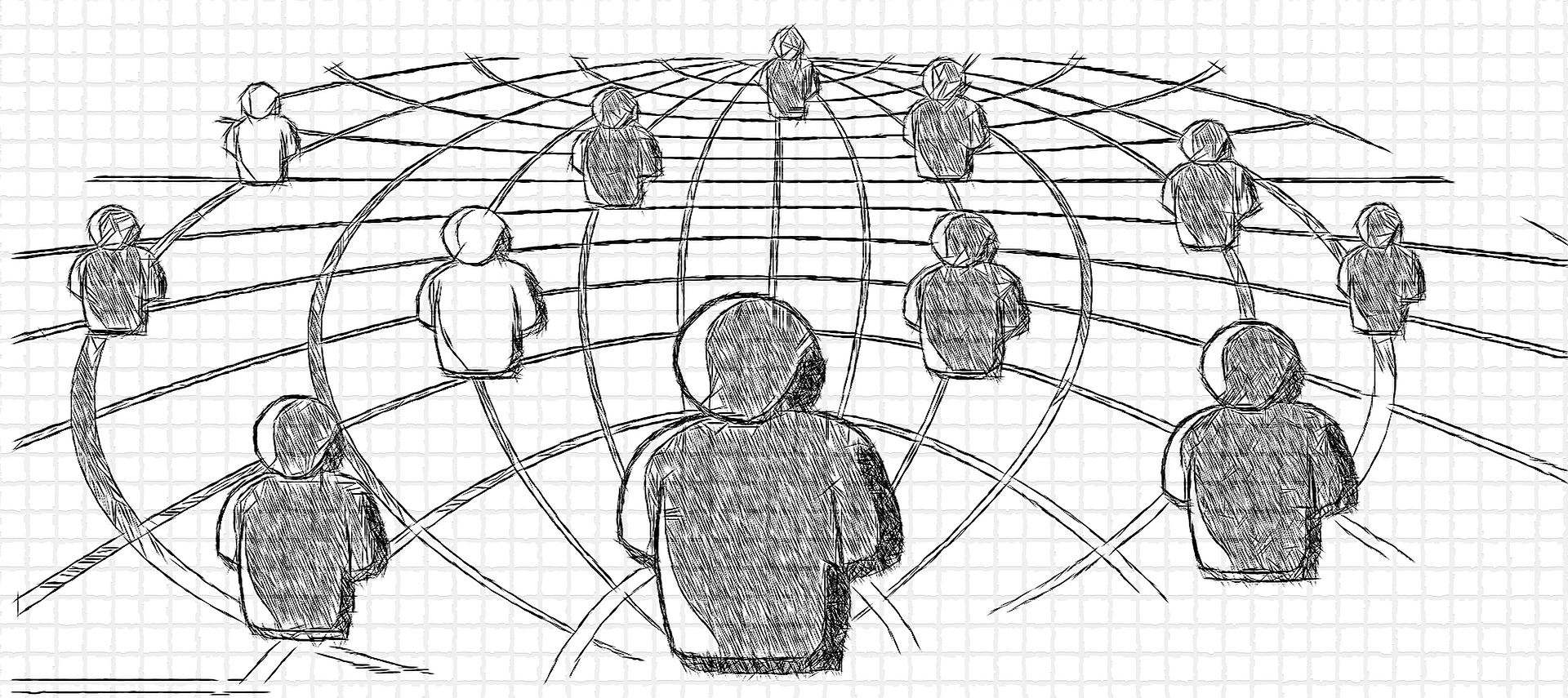You can have all of the talent in the world, but if people do not know about it, it is as if you didn’t exist. Networking should always stay on the top of your mind. In this article I will summarize the HBR article, and share personal experiences on how you can create your own network by properly implementing the techniques described.
Three ways of networking:
- Operational: These are your peers within your work environment– which includes co-workers, your manager or higher ups, and your subordinates if you manage people. Your operational network is important because they allow you to do your assigned work. For individual contributors it is very important to build a strong operational network even outside of your immediate manager. The context and information you can receive, will help you navigate your own team. In terms of priorities, become aware of internal opportunities which you can pivot to, depending on the objectives you are looking to achieve.
- Personal: Your personal network tends to be with people outside of your company, usually people have hobbies. For example, in your free time you may choose to play softball with a community team, the people you meet in that team, can provide external context on how they solve their problems. For example if you talk to a carpenter you can learn how he deals with customers that are not happy with his work, or when there is not sufficient work coming his way, how does he navigate the situation? These are all valuable insights that you can learn and apply to your own life.
- Strategic: The more senior your role is, or the higher you are in an organization, strategic networking becomes more essential. At a leadership position you are paid to be able to successfully prepare your team for the future. This involves not only talking to your personal, and operational network but talking to peers in separate sectors of the market. This is to span your perspective on where the industry is moving. A lot of great leaders, and senior people tend to miss this part of the networking, because it normally carries the larger effort of the three. However in my opinion this type of networking is the most important if you are looking to grow and succeed in your career.
Implementing the techniques:
How do you reach out to someone you don’t know? How can you make that initial connection without being awkward or sound interested, for e.g everyone wants to talk and be friends with the people that have power and resources, what we fail to realize is that you also need to have a value proposition for those contacts to be interested in you as well. Here are some ideas on how to break the ice.
- Join a local community sport/cause/class: e.g Yoga, Softball, Volunteer to services such as your school alumni association, or any other affiliation you may have etc…
- Find what you have in common with people you are looking to connect with. Is your passion magic or a particular music genre? People feel most comfortable when they have something in common. They can share experiences and enjoy the same interest.
- When connecting with someone, be interested in them, leave your ego behind. A lot of us want to play a salesman type, we want to show people that we are worthy and have success of our own. The reality is that most people only care about them and in order for them to become interested in you, you have to become interested in them.
- Using social network sites, I read this blog which talks about a couple moving to a new city. She used LinkedIn to meet with people that were already employed in the field that she wanted to join. She was successful by having over 40+ coffee meet ups where she found her new job, and met new people.“ Ask and you shall receive.
Refreshing and keeping up with your networks:
It is not enough just to meet once, or make a request to someone when you are in need. To build relationships that last, you must work on them and feed them like a plant. Here are some tips to get that done.
- Do regular check-ins, through text or calls.
- Keep your circle small, work on quality rather than quantity
- Make time to be with your friends.
- Be honest, compassionate and a good listener.
- Do your best to be there when they need you the most.
Wrapping up
Creating and maintaining a network of friends is hard work, but in the end that hard work pays off. Whether that is a referral, a new opportunity or simple feedback on your endeavors. Having a strong network pays off, both in the long term and short term. Humans are social beings and people around us provide intrinsic motivation. Go out, create your network and maintain close relationships.

